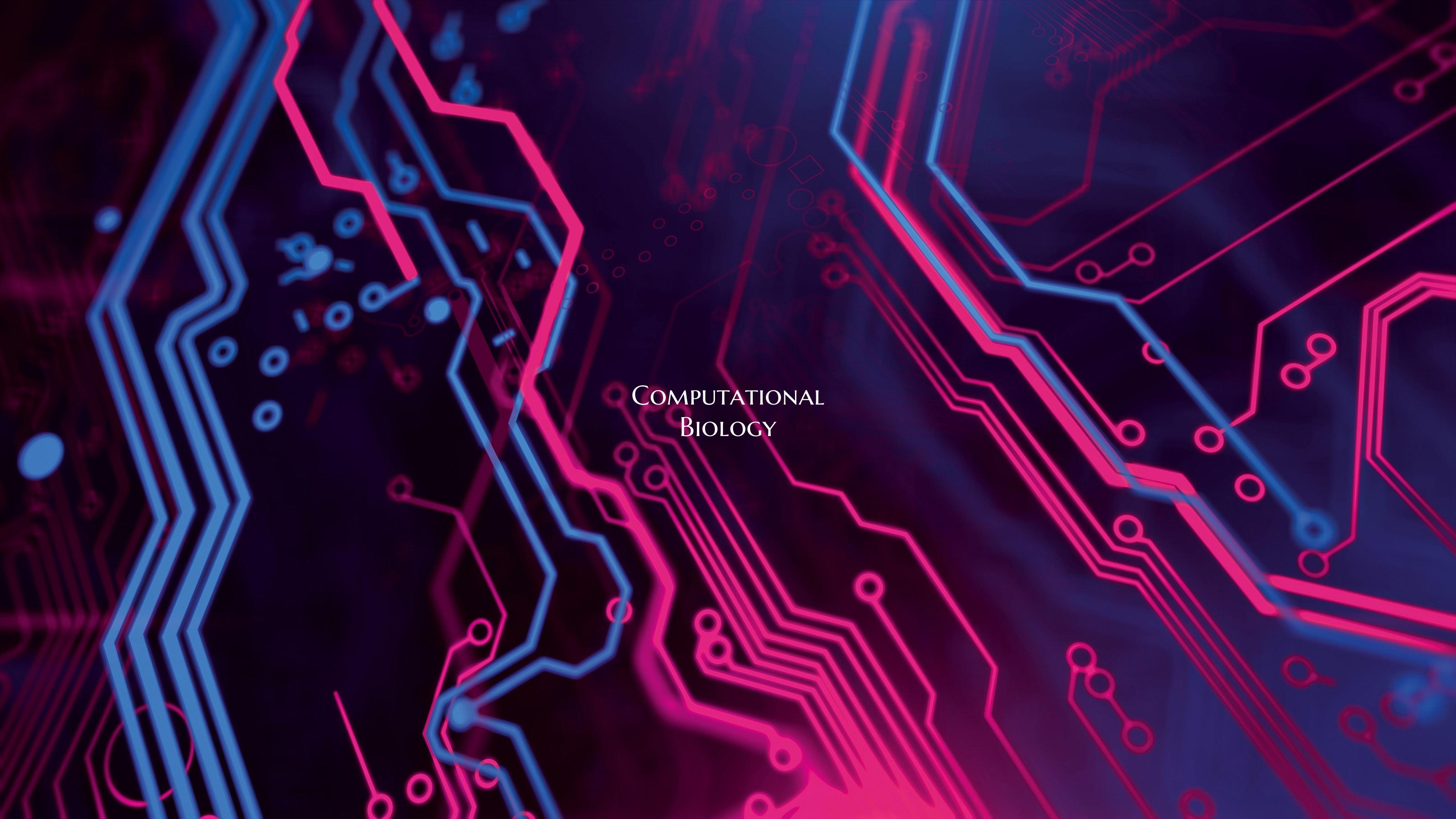Computational Biology
Computational biology is a cutting-edge field that bridges the gap between biology and technology, revolutionizing the way we study and understand complex biological systems. By harnessing the power of computer algorithms, mathematical models, and data analysis techniques, computational biologists are able to uncover hidden patterns in biological data, predict molecular interactions, and simulate biological processes in silico.
One of the key applications of computational biology is genomic analysis. With the advent of high-throughput sequencing technologies, vast amounts of genomic data are being generated at an unprecedented rate. Computational biologists utilize advanced algorithms to analyze and interpret this wealth of genetic information, enabling them to identify genetic variations, predict gene functions, and uncover the underlying genetic causes of diseases.
In addition to genomics, computational biology plays a crucial role in systems biology, where researchers aim to understand how biological components interact with each other to give rise to complex biological functions. Through the development of mathematical models and simulations, computational biologists can simulate and analyze complex biological networks, such as metabolic pathways or gene regulatory networks, to gain insights into the underlying mechanisms of diseases and biological processes.
Furthermore, computational biology is instrumental in drug discovery and personalized medicine. By combining computational modeling with experimental data, researchers can design and optimize drug candidates, predict drug-target interactions, and tailor treatments to individual patients based on their genetic makeup and biological characteristics.
Overall, computational biology is a rapidly evolving field that holds immense potential for advancing our understanding of life sciences and transforming healthcare. As technology continues to advance, computational biologists will continue to push the boundaries of what is possible, driving innovation and discovery in the intersection of biology and technology.

